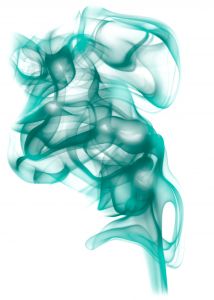
People who have a dual diagnosis of drug or alcohol addiction along with a mental illness often have trouble finding the correct help. Many times, these individuals go to an addiction treatment program and don’t realize the mental illness aspect of their problems.
They will go through individual counseling, participate in support groups, and do all of the activities to the best of their ability. They might even feel that there’s something different about them in comparison to the other patients.After they get out of treatment, they will do well for a period of time. The big problems return when they begin to feel anxious or depressed again. They’ve hit another cycle in their mental illness, and it triggers a drug or alcohol relapse. The two separate conditions aggravate each other, and their mental illness hasn’t received treatment.
This is an unfortunately common scenario among dual diagnosis patients. Drug and alcohol addiction are usually easy for family members and close friends to recognize, even if the addict is in denial. The symptoms of mental illness can be more subtle, or it can appear that they’re a result of the addiction.
Choosing the correct addiction treatment program can make all the difference in the world for a dual diagnosis patient. A quality rehab facility would have been more likely to notice the dual diagnosis condition in the first round of addiction treatment. If it isn’t picked up on, the individual will need to return to a residential rehab facility so they can get help for their mental illness and drug addiction or alcoholism at the same time. Receiving concurrent treatment for dual diagnosis disorder is more effective than getting each type of help separately. Addiction treatment programs should be in the habit of evaluating all new patients for mental illnesses to ensure that everyone gets the assistance they need to be successful.
You must log in to post a comment.